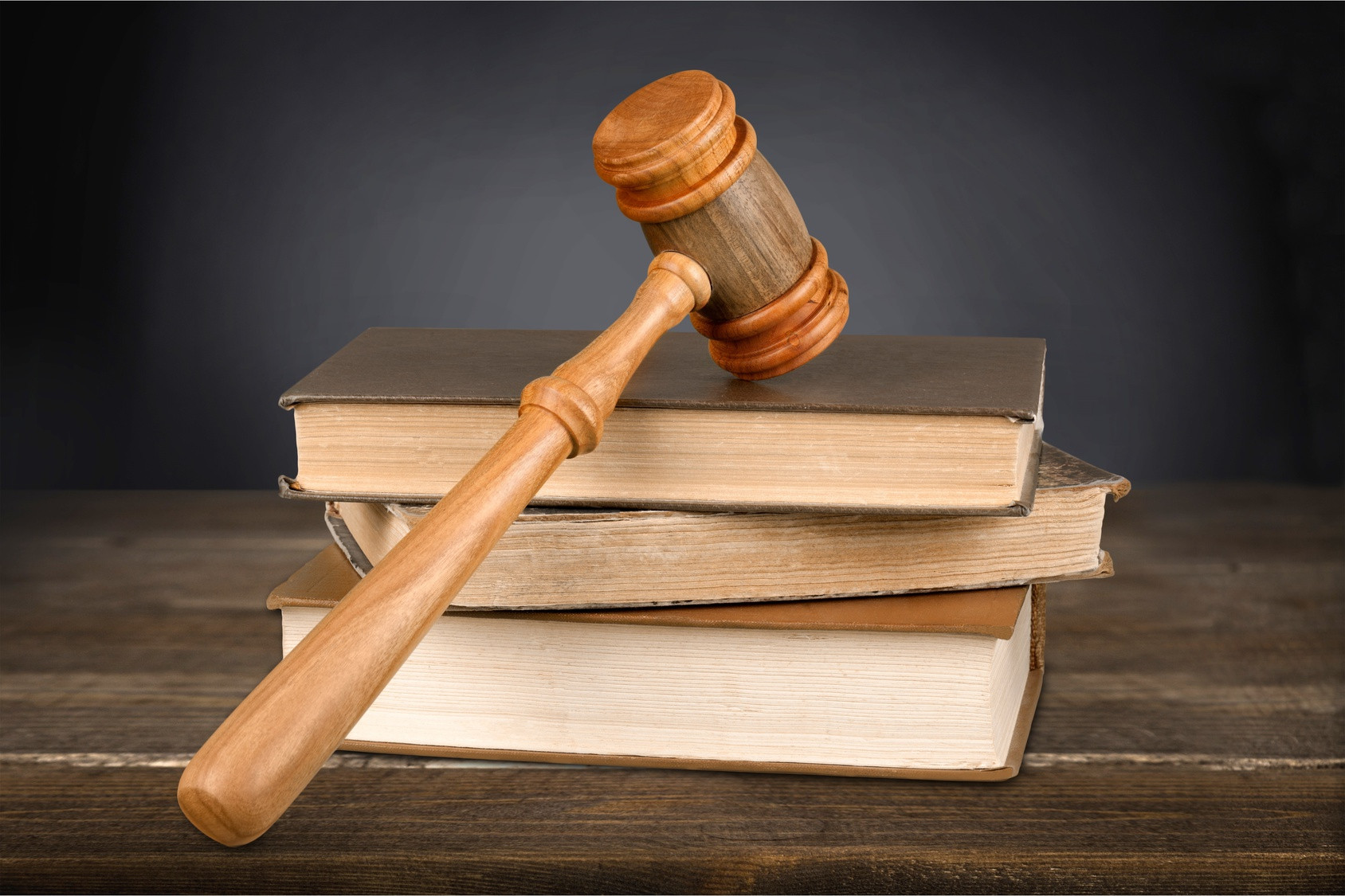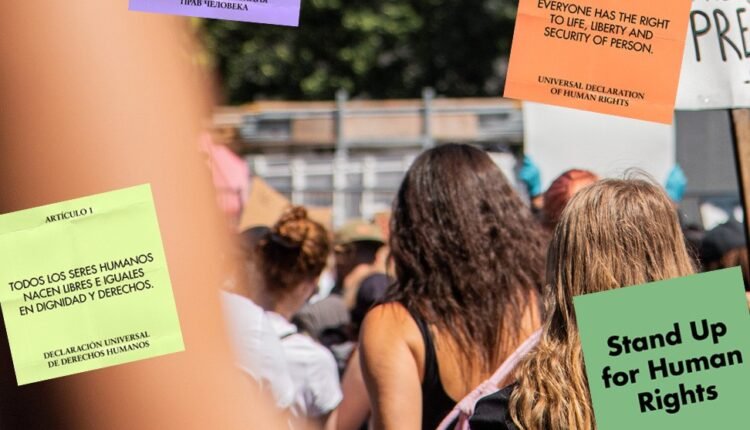The Human Rights Review is a comprehensive assessment of human rights issues. It covers a wide range of topics and provides valuable insights.
The review examines human rights practices and challenges, offering recommendations for improvement. It is a significant resource for understanding and addressing human rights concerns globally. The review’s thorough analysis and thoughtful recommendations make it an invaluable tool for advocates and policymakers.
It offers a comprehensive overview of human rights issues, making it essential for anyone committed to promoting and protecting human rights. The Human Rights Review is an essential resource for promoting greater respect for human rights worldwide.
The Importance Of Human Rights
The review of human rights is crucial in today’s world. Human rights are the foundation of a just and equal society. Understanding the fundamentals of human rights is essential for creating a world where every individual is treated with dignity and respect.
It’s important to recognize and uphold the inherent rights and freedoms of all people, regardless of race, gender, religion, or social status. By comprehending the basic principles of human rights, we can work towards building a more inclusive and fair society for everyone.
Historical Perspective
The evolution of human rights can be traced back to the historical perspective of different civilizations. The concept of human rights has gradually evolved over centuries, influenced by various social, political, and cultural factors. From the Magna Carta in 1215, which established the principle of due process and individual liberties, to the Universal Declaration of Human Rights in 1948, the recognition and protection of human rights have undergone significant developments.
The struggles for civil rights and equality, along with global movements advocating for women’s rights, children’s rights, and disability rights, have further expanded the scope of human rights. These advancements reflect the ongoing quest for human dignity, justice, and freedom worldwide.
Legal Framework
The legal framework for human rights is governed by international human rights laws and domestic human rights legislation. International human rights laws are established through treaties and agreements among nations, setting out the rights and freedoms that all individuals are entitled to. These laws are overseen by international bodies and institutions to monitor and enforce adherence.
On the other hand, domestic human rights legislation varies from country to country, with each nation having its own legal framework to protect the rights of its citizens. This may include constitutional provisions, statutory laws, and judicial decisions that uphold human rights within a specific jurisdiction. Both international and domestic laws play pivotal roles in safeguarding and promoting human rights worldwide.
Ensuring Equality
The Human Rights Review is a crucial opportunity to address discrimination and promote equality for all individuals. It emphasizes the importance of human rights and aims to eliminate bias in various facets of society.
This includes combatting discrimination based on gender, race, religion, or nationality. By ensuring equality, we can create a more inclusive and fair environment for everyone. Through effective policies, educational initiatives, and advocacy efforts, it is possible to combat discrimination and create a more equitable society.
Justice And Accountability
When it comes to the Human Rights Review, it is vital to promote access to justice for all individuals. This includes ensuring that legal aid and support systems are readily available and accessible. Holding perpetrators accountable is another critical aspect of this review, as it reinforces the principles of justice and creates a framework for justice and accountability.
By addressing these key elements, the Human Rights Review can truly make a substantial impact on the lives of individuals and communities.
Equal Opportunities
Human rights encompass equal opportunities for all individuals, including economic and social rights such as educational and employment equality. It is crucial to ensure that everyone has access to the same level of education and employment opportunities, regardless of their background or socio-economic status.
By promoting and protecting these rights, societies can work towards reducing inequality and creating a more equitable and just environment. Prioritizing educational and employment equality is essential for building an inclusive and diverse society where everyone has the chance to thrive and contribute to their fullest potential.
Protecting Vulnerable Groups
Human rights encompass the protection of vulnerable groups, with a focus on women and children as well as the LGBTQ+ community. Ensuring the rights of women and children involves safeguarding their access to education, healthcare, and equal opportunities in all aspects of life.
Additionally, it is imperative to address issues such as gender-based violence and discrimination to create a more equitable society. Similarly, advocating for LGBTQ+ rights involves recognizing and supporting their right to non-discrimination, marriage equality, and access to healthcare. Upholding these rights is essential for promoting inclusivity and equality for all members of society.
Human Rights And Technology
Human Rights are impacted by technology in various ways. The development of surveillance technology has raised concerns about privacy infringements and government overreach. Social media platforms have been used to spread hate speech and misinformation, leading to calls for increased content moderation. On the other hand, technology also provides tools for activists to mobilize and document human rights abuses.
Internet access has become a human rights issue, with digital divide exacerbating inequality. It’s important to recognize the dual nature of technology in the context of human rights, understanding its potential for both harm and progress.
Global Partnerships
Global partnerships are essential for tackling human rights issues on an international scale. Collaboration and support from multiple stakeholders, such as governments, non-governmental organizations, and private sector entities, are crucial in addressing human rights challenges.
Through ongoing international advocacy efforts, the advancement of human rights initiatives can be achieved with greater impact and sustainability. By working together and leveraging diverse expertise and resources, the global community can strive to create a more just and equitable world for all individuals, ensuring that fundamental rights and freedoms are upheld and protected.
Challenges And Solutions
Addressing human rights violations: It is essential to establish effective legal frameworks and enforcement mechanisms to combat human rights violations. This includes ensuring access to justice for victims and holding perpetrators accountable.
Strategies for promoting human rights: One approach is to focus on education and awareness-raising initiatives to empower individuals and communities to recognize and defend their rights. Additionally, fostering partnerships between governments, civil society, and international organizations can facilitate the implementation of human rights policies and programs.
Future Of Human Rights
The future of human rights is shaped by emerging trends and movements. Advocacy for marginalized communities and social justice has gained momentum, with a focus on inclusion and equality. Technology has become a tool for activism and awareness, enabling global outreach and mobilization.
Environmental activism is increasingly interconnected with human rights, emphasizing the right to a sustainable environment. Furthermore, justice reform and accountability are crucial components for the future of human rights, promoting transparency and fairness. Empowering grassroots movements and amplifying diverse voices play a vital role in shaping the future trajectory of human rights, fostering collective action and solidarity.
As the landscape continues to evolve, it is essential to prioritize proactive measures and collaborative efforts in advancing human rights globally.

Credit: eige.europa.eu
Conditions Before The Women’s Rights Movement
Frequently Asked Questions Of Human Rights Review
What Are Human Rights And Why Are They Important?
Human rights are fundamental rights and freedoms inherent to all individuals, regardless of nationality, race, gender, or other status. They are essential for promoting equality, dignity, and justice.
How Do Human Rights Protect Individuals?
Human rights protect individuals by providing legal and moral safeguards against discrimination, oppression, and abuse. They empower people to participate fully in society and hold governments and institutions accountable.
What Are Some Examples Of Human Rights Violations?
Human rights violations can include unjust imprisonment, torture, discrimination, censorship, and denial of basic human needs such as food and healthcare. These violations undermine the principles of equality and freedom.
How Can Individuals Advocate For Human Rights?
Individuals can advocate for human rights by raising awareness, supporting organizations that promote human rights, participating in peaceful protests, and holding discussions to educate others about these critical issues.
What Is The Current Global State Of Human Rights?
The current global state of human rights remains an ongoing concern, with issues such as refugee crises, systemic discrimination, and political repression affecting communities worldwide. It requires continued attention and efforts to address.
How Can We Contribute To Advancing Human Rights?
Contributing to advancing human rights can be done through actions such as volunteering with human rights organizations, fostering inclusive communities, supporting policies that uphold human rights, and educating others about the importance of universal rights and freedoms.
Conclusion
It is clear that the protection of human rights is a critical and ongoing issue that requires continual attention and action. By shedding light on the challenges and advancements in this area, we can pave the way for a more just and equitable world.
Let’s continue to advocate for the fundamental rights of all individuals.



